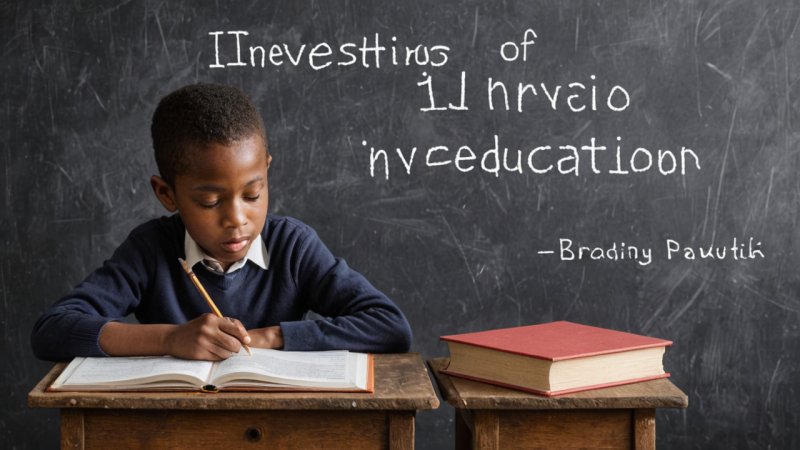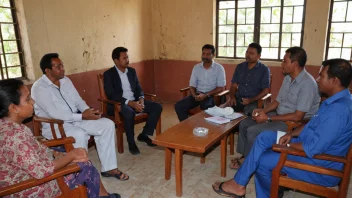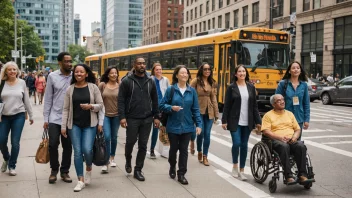The relationship between education and poverty alleviation is profound and multifaceted. Education is not merely a means of acquiring knowledge; it is a transformative force that can lift individuals and communities out of poverty. By understanding the critical role education plays in this process, we can better appreciate the need for accessible and quality educational opportunities across the globe.
One of the primary ways education contributes to poverty alleviation is through economic empowerment. Individuals with higher education levels tend to earn more than those with limited education. This increased earning potential allows families to meet their basic needs, invest in their children’s education, and save for the future. For example, research indicates that every additional year of schooling can lead to a 10% increase in earnings. Therefore, investing in education is a strategic approach to economic development.
Moreover, education enhances an individual's ability to make informed decisions, particularly regarding health and family welfare. Educated individuals are more likely to seek healthcare services, understand health risks, and encourage healthy practices among their families. This is crucial in impoverished communities where health literacy is often low, and misinformation can lead to detrimental health outcomes. By fostering a culture of education, communities can improve overall health and wellbeing, which is essential for sustainable development.
However, achieving educational equity remains a challenge, particularly for marginalized groups. Barriers such as poverty, discrimination, and lack of infrastructure often hinder access to education. Initiatives focused on removing these barriers are key to ensuring that everyone has the opportunity to learn and grow. For instance, community-based programs that provide tutoring, mentorship, and financial assistance can significantly impact students from low-income families. Additionally, advocating for policy changes that prioritize education funding can create systemic improvements that benefit entire communities.
Another essential aspect of education in poverty alleviation is its role in fostering social cohesion and empowerment. Education promotes critical thinking and encourages individuals to engage with their communities. As people become more educated, they are better positioned to challenge injustices and advocate for their rights. This empowerment fosters a sense of agency and belonging, which is crucial in building resilient communities.
To support educational initiatives, individuals can engage in various forms of community service. Volunteering as a tutor, mentoring youth, or supporting local educational organizations are all impactful ways to contribute. Additionally, raising awareness about the importance of education in poverty alleviation can inspire others to take action, creating a ripple effect that amplifies the impact of these efforts.
In summary, education is a powerful tool for poverty alleviation. By investing in accessible, quality education and removing barriers to access, we can empower individuals to break the cycle of poverty. As we work towards a more just and equitable world, let us remember that every effort to promote education is an investment in a brighter future for all.
Investing in Education: A Path Out of Poverty
Education is a transformative force that can lift individuals and communities out of poverty, providing them with the tools to empower themselves and their families.






